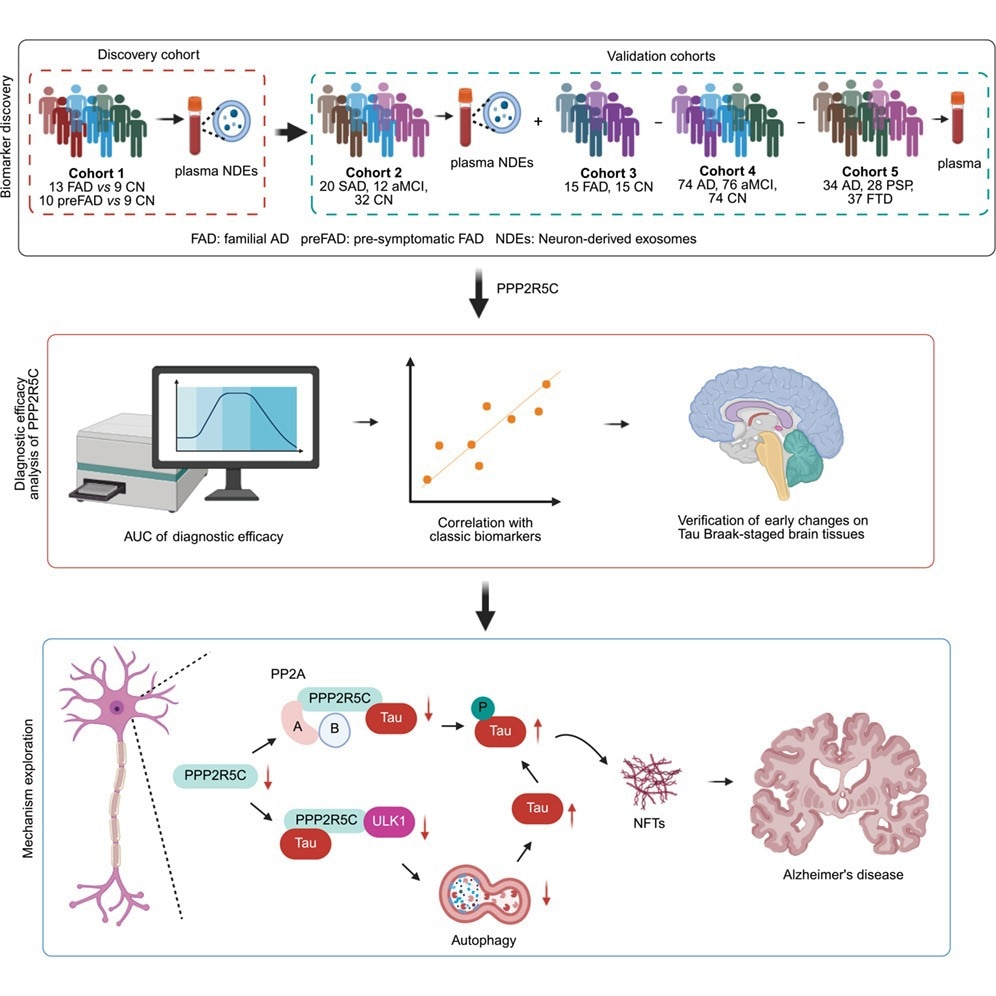Eyes are said to be the mirror of the soul. Eyes and gaze direction guide attention, evoke emotions and activate the brain's social perception...
Vous n'êtes pas connecté
- English
- Français
- عربي
- Español
- Deutsch
- Português
- русский язык
- Català
- Italiano
- Nederlands, Vlaams
- Norsk
- فارسی
- বাংলা
- اردو
- Azərbaycan dili
- Bahasa Indonesia
- Հայերեն
- Ελληνικά
- Bosanski jezik
- українська мова
- Íslenska
- Türkmen, Түркмен
- Türkçe
- Shqip
- Eesti keel
- magyar
- Қазақ тілі
- Kalaallisut ; kalaallit oqaasii
- Lietuvių kalba
- Latviešu valoda
- македонски јазик
- Монгол
- Bahasa Melayu ; بهاس ملايو
- ဗမာစာ
- Slovenščina
- тоҷикӣ ; toğikī ; تاجیکی
- ไทย
- O'zbek ; Ўзбек ; أۇزبېك
- Tiếng Việt
- ភាសាខ្មែរ
- རྫོང་ཁ
- Soomaaliga ; af Soomaali
 Maroc - POPDIARIES.COM - A La Une - 13/07/2024 07:31
Maroc - POPDIARIES.COM - A La Une - 13/07/2024 07:31
Exploring the Rich Tapestry of Human Emotions
Human emotions encompass a complex array of mental and physiological states that are influenced by our experiences, thoughts, and external stimuli. Emotions are fundamental to our daily lives, shaping our perceptions, decisions, and interactions with others. They serve evolutionary purposes, helping us navigate our environment, form social bonds, and respond adaptively to threats and opportunities. At their core, emotions can be broadly categorized into primary and secondary emotions. Primary emotions, such as happiness, sadness, fear, anger, surprise, and disgust, are considered universal across cultures and are typically accompanied by distinct physiological responses. These responses include changes in heart rate, hormone levels, facial expressions, and bodily sensations, which collectively form the basis of emotional experiences. Emotions are not purely reactive but also involve cognitive processes that help interpret and give meaning to our feelings. This interplay between emotions and cognition influences how we perceive and respond to events. For instance, the interpretation of a situation as threatening or rewarding can significantly affect the intensity and nature of emotional responses. The study of emotions spans multiple disciplines, including psychology, neuroscience, anthropology, and philosophy. Psychologists have developed various theories to understand the nature and function of emotions. One influential theory is the James-Lange theory, which proposes that physiological changes precede the experience of emotions. In contrast, the Cannon-Bard theory suggests that emotions and physiological responses occur simultaneously but independently. Modern theories, such as the component process model, integrate cognitive appraisal processes with physiological arousal to explain the complexity of emotional experiences. Emotions also play a crucial role in social interactions and relationships. They serve as signals that communicate our internal states and intentions to others, facilitating empathy, cooperation, and social bonding. Emotional expressions, including facial expressions, vocal intonations, and body language, convey valuable information about our emotional states and help regulate social interactions. The regulation of emotions is another essential aspect of emotional functioning. Emotion regulation refers to the processes through which individuals manage their emotional experiences, expressions, and responses. Effective emotion regulation strategies contribute to psychological well-being, resilience, and adaptive functioning. Conversely, difficulties in emotion regulation are associated with various mental health disorders, including anxiety, depression, and impulse control disorders. Cultural factors significantly influence the expression, interpretation, and regulation of emotions. Different cultures may prioritize certain emotions or display rules that dictate when and how emotions should be expressed in social contexts. Cultural norms and values shape emotional experiences and contribute to cultural variations in emotional expression and perception. In conclusion, emotions are intricate and multifaceted aspects of human experience that serve vital functions in our lives. They encompass physiological responses, cognitive appraisals, social signals, and regulatory processes that contribute to our understanding of self, others, and the world around us. The study of emotions continues to evolve, offering insights into human behavior, mental health, interpersonal relationships, and the broader complexities of the human condition. READ MORE - Anant Ambani-Radhika Merchant Wedding Attire To Celebrate India's Cultural Heritage
Articles similaires
How eyes affect our perception of a humanoid robot's mind
Eyes are said to be the mirror of the soul. Eyes and gaze direction guide attention, evoke emotions and activate the brain's social perception...
Ethnicity At The Gate: The Advantage Of Sounding Oromo In Contemporary Ethiopia – Analysis
This essay argues that in contemporary Ethiopia, linguistic and onomastic markers—particularly the ability to speak Afaan Oromo or to bear an...
Tracking physiological stress during prolonged virtual soccer
Extended esports play can lead to mental fatigue, resulting in slower and less precise decision-making (diminished executive control) and a variety of...
AAUA: Don Recommends ‘Responsible Environmental Behaviour’ to Curb Pollution
A Professor of Applied Social and Environmental Psychology at Adekunle Ajasin University (AAUA), Akungba Akoko, Oluyinka Ojedokun, has posited that...
Prahaar: New rules of retribution
<p>India’s Ministry of Home Affairs has announced the National Counter-Terrorism Policy and Strategy, a first for the country, emphasising...
Prahaar: New rules of retribution
<p>India’s Ministry of Home Affairs has announced the National Counter-Terrorism Policy and Strategy, a first for the country, emphasising...
Study identifies PPP2R5C blood marker that may detect Alzheimer’s disease earlier
Emerging evidence suggests reduced plasma PPP2R5C levels may serve as an early indicator of Alzheimer’s disease before overt clinical symptoms...
Study identifies PPP2R5C blood marker that may detect Alzheimer’s disease earlier
Emerging evidence suggests reduced plasma PPP2R5C levels may serve as an early indicator of Alzheimer’s disease before overt clinical symptoms...
The Judeo-Amazigh Cultural Substratum: An Integrated Analysis Of North African Ethno-Religious Synthesis
Introduction The Jewish presence in North Africa constitutes one of the longest continuous diasporic experiences in Jewish history, with...
Les derniers communiqués
-
Samsung Innovation Campus Strengthens Future-Tech Skilling in Andhra Pradesh
Samsung India - 19/12/2025
-
Samsung Expands Premium Micro RGB Lineup for 2026 With New Sizes and Advanced Features
Samsung India - 17/12/2025
-
Samsung SWA President & CEO JB Park’s Message on Completing 30 Years in India & the Launch of #PoweringInnovationforIndia
Samsung India - 15/12/2025
-
Samsung Unveils New Innovation Vision as It Celebrates 30 Years in India
Samsung India - 11/12/2025
-
Lupin Unveils Strategic Partnership Program to Expand Reach of its Long-Acting Injectable Platform
Lupin Limited - 09/10/2025
-
BarrierBreak Recognized in 2025 Gartner® Market Guide for Digital Accessibility
BarrierBreak - 12/08/2025
-
Infinite Uptime Unlocks Production Reliability for Heavy Industries with PlantOS™ at Global Steel Dynamics Forum
Infinite Uptime - 18/06/2025
-
Majra – National CSR Fund Honours Top 20 CSR Projects At Inaugural Sustainable Impact Challenge 2025
National CSR Fund - 05/06/2025
-
Coal Imports During FY 2024-25 Drops by 7.9 % Compared to FY 2023-24
Ministry of Coal - 27/05/2025
-
India Records USD 81.04 Billion FDI Inflow in FY 2024–25
Ministry of Commerce and Industry - 27/05/2025





